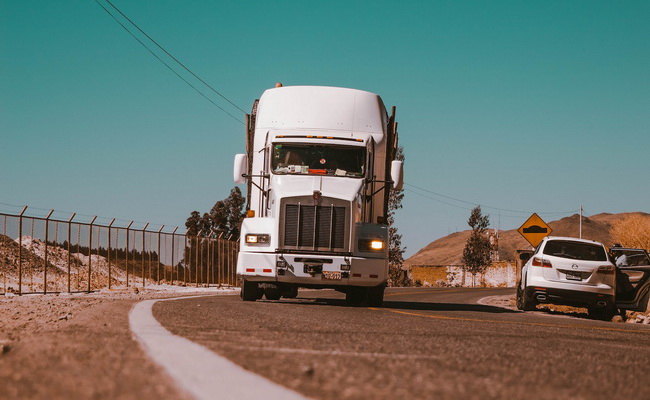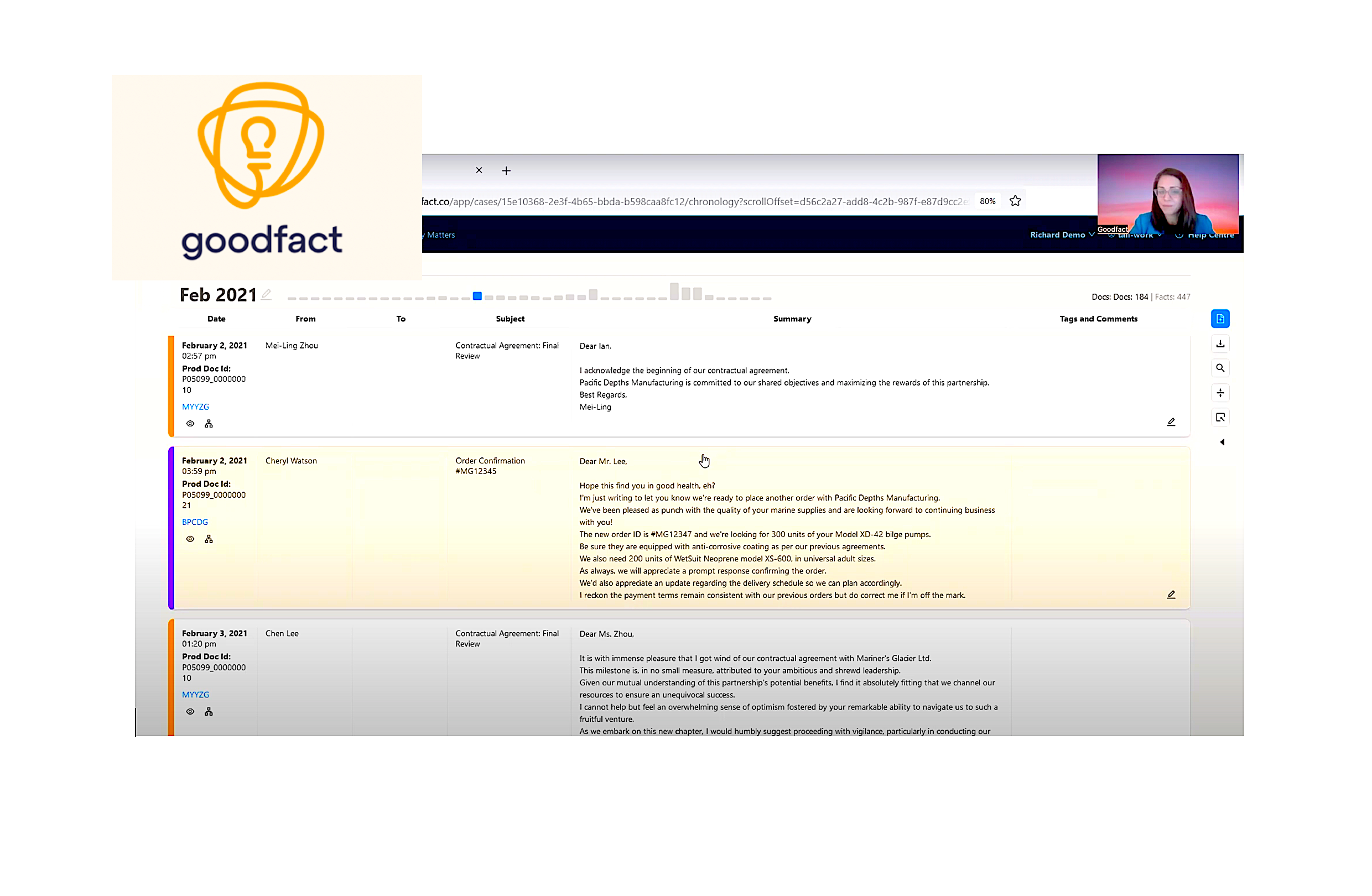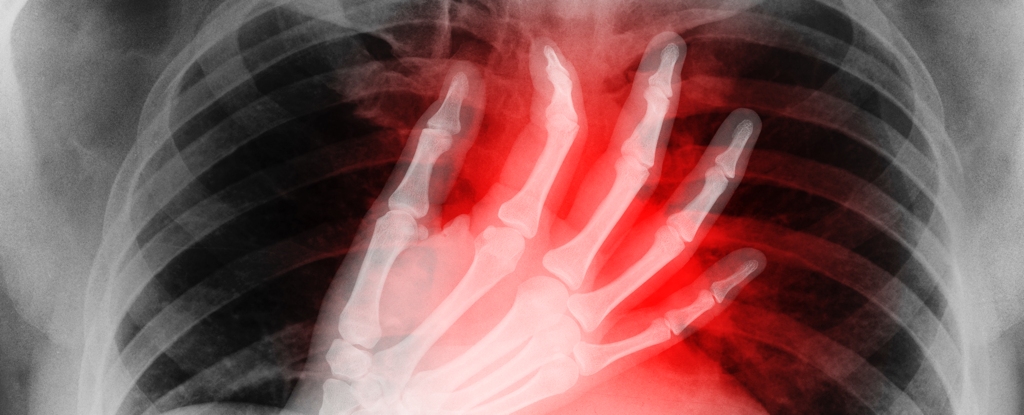How truck accident claims differ from car accident claims
Learn the unique aspects of truck accident claims as compared to standard car accident claims so that you know what to expect if involved in a crash. The article How truck accident claims differ from car accident claims first appeared in TravelDailyNews International.


For those who have been lucky enough to avoid the common causes of truck accidents on roadways, knowing what to do if involved in a truck accident can be something that may have never crossed your mind. However, truck accidents are vastly different from car accidents. Not just in terms of the physical impact itself, but also in terms of the legal and logistical complications involved in the aftermath. Due to the size, weight, and commercial nature of trucks, accidents involving them are severe and result in major injuries which makes the claims process more intricate. Learn the unique aspects of truck accident claims as compared to standard car accident claims so that you know what to expect if involved in a crash.
The higher stakes of truck accidents
It likely comes as no surprise that truck accidents result in more signficant consequences than car accidents due to the sheer size and weight of commercial trucks. An average passenger car tends to weigh close to 3,000 pounds whereas a truck can weigh upwards of 80,000 pounds. This difference means that when a collision happens, the force exerted from the truck can cause catastrophic damage. Occupants within a smaller vehicle are, unfortunately, far more likely to sustain severe injuries including traumatic brain injuries, spinal cord damage, or even death.
In addition to this, truck accidents often also involve multiple different vehicles due to their inability to stop quickly or swerve effectively, thus leading to chain-reaction crashes. Such accidents can amplify the severity of damages in a crash as well as the number of parties involved which complicates the claims process.
Finally, due to the aforementioned issues, the financial stakes in a truck accident claim are typically much higher than in car accident cases. Medical expenses, long-term rehabilitation, disabilities, lost wages, pain and suffering, and more can all come into play.
The increased complexity of legal issues
Perhaps one of the most significant differences between truck accidents and standard car accidents is the complexity of proving liability. With multiple parties often being involved, liability usually ends up being split among different drivers. For example, the parties assigned negligence may include:
- The truck driver themself if they were negligent and speeding or driving while distracted
- The trucking company itself for failing to enforce safety regulations or train their drivers
- The manufacturer of the vehicle if a defective part caused the crash
- The maintenance provider for the commercial trucks if improper repairs or inspections occurred
Unlike personal vehicles, trucks are commercial assets that are usually owned and operated under strict legal and regulatory guidelines. Trucking companies need to ensure that their vehicles and drivers comply with all safety standards which introduces additional layers to the liability process.
In unique situations, as mentioned, multiple parties may share blame for the accident. A trucking company could be at fault for failing to teach their drivers, whereas another vehicle’s driver could also be at fault for stopping too close in front of a truck. Sorting out these shared liabilities can make the claims process far more challenging.
How federal regulations play a role in truck accidents
There are a number of different federal regulations that have been put in place over the years for the sole purpose of reducing truck-related accidents on the roads. These set truck accidents apart from typical car accident cases as a result. The most common federal regulations seen in truck accident cases include:
- Hours of service rules: To prevent driver fatigue, there are federal laws in place which limit the number of hours truck drivers can operate without resting. By violating these hours, it could be established that negligence exists and the driver could be found at fault.
- Truck weight and maintenance standards: Trucks need to adhere to strict weight limits and undergo regular maintenance given their size in order to ensure road safety, and overloaded trucks or poorly maintained ones can lead to a greater risk of accidents.
- Electronic logging device mandates: Federal regulations also require commercial trucks to be equipped with ELDs which record a driver’s hours and movements, serving as critical evidence on whether a driver was fatigued, speeding, or otherwise negligent at the time of an accident.
The evidence gathering and investigative process
The evidence that is required to submit a truck accident claim is also extremely extensive and far more technical than that which is required for a standard auto accident claim. Most commercial trucks are equipped with event data recorders similar to “black boxes” in planes. These devices capture critical information such as any speeding, brake patterns, or engine performance leading up to the crash. This data can be invaluable in reconstructing how an accident occurred, especially if those involved passed away.
On top of this, truck drivers are required to maintain detailed logs of their hours, rest periods, and various routes. Investigators will use these logs to identify any violations to hours of service regulations or negligence that may have occurred.
Another factor to consider is the cargo within a truck itself. Improperly loaded or unsecured cargo can cause a truck to tip over or lose control, so a truck accident claim will also often involve looking at cargo documentation to see whether loading procedures are aligned with federal and industry standards.
Why understanding the difference with truck accidents matters
Truck accident claims are inherently more complex than car accident claims given the different factors involved and the severity of the accidents themselves. There are higher financial stakes and multiple parties involved in these crashes in most cases, which is why understanding the nuances of these accidents is important to navigating the claims process. This will help to ensure you receive fair compensation if you find yourself involved in a wreck. Seek out legal representation as well as an attorney can help you gather evidence, identify who was involved, and negotiate with insurance companies to fight for your rights.
The article How truck accident claims differ from car accident claims first appeared in TravelDailyNews International.
What's Your Reaction?



















































































